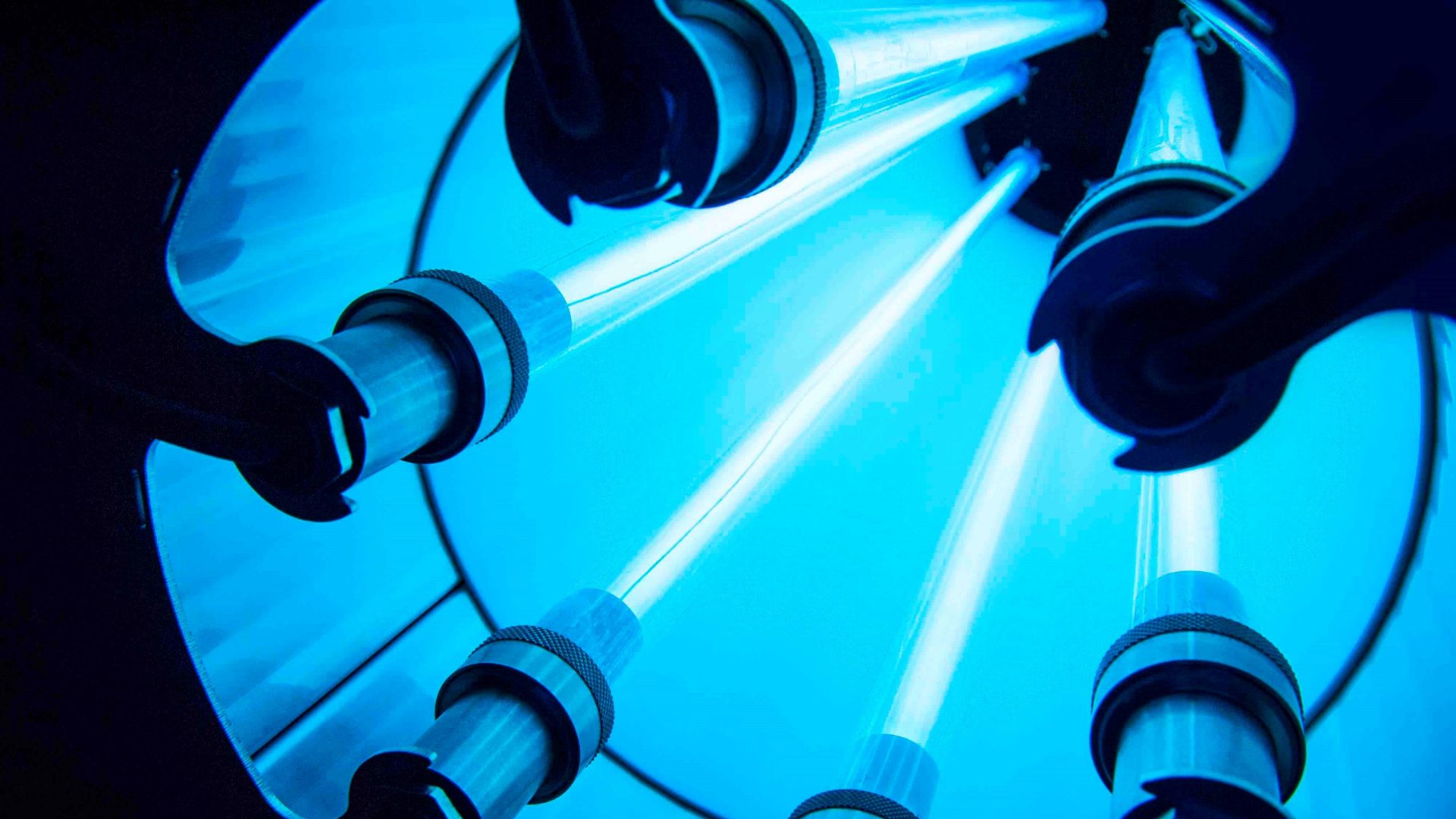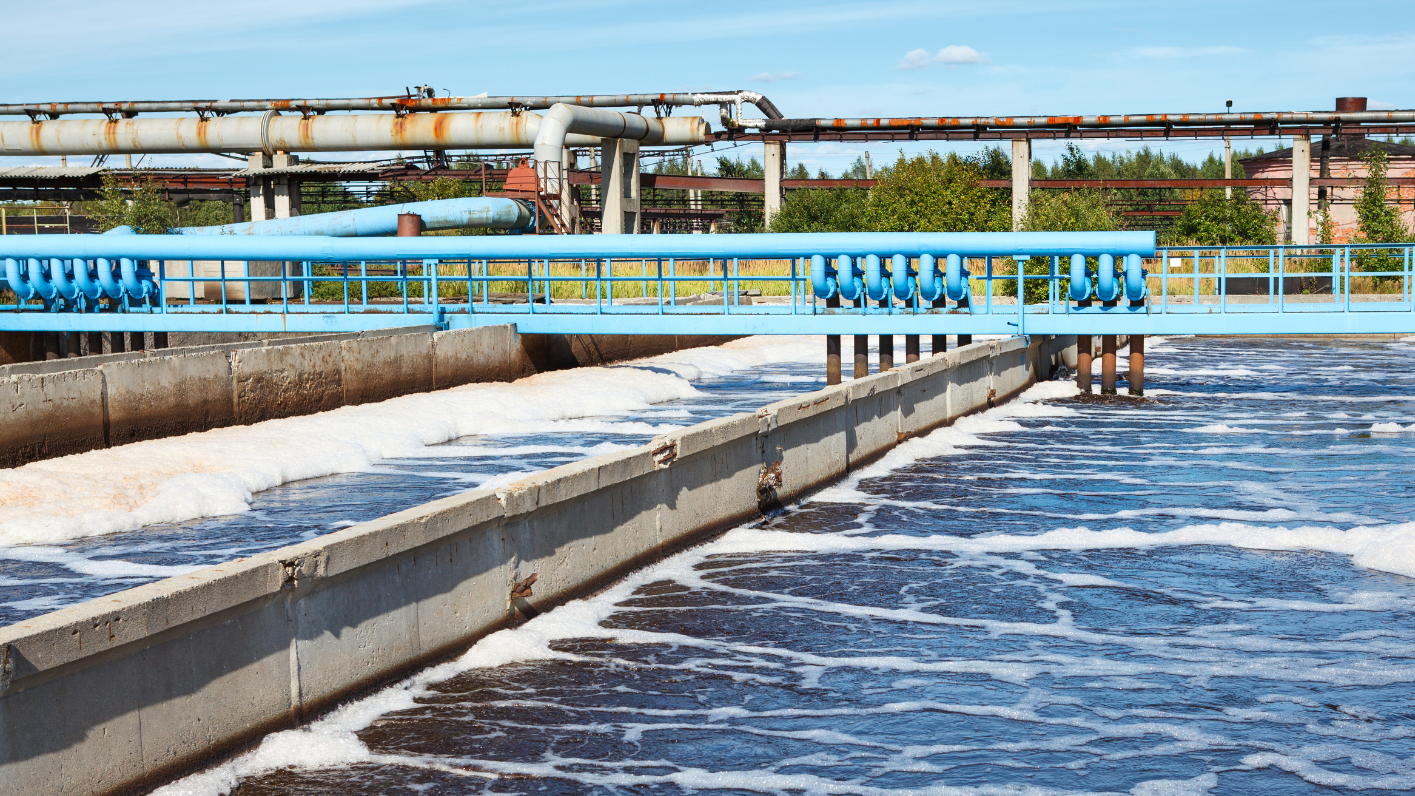
The UV technology industry, a stalwart in various sectors like water treatment and disinfection in food and beverage processes, is poised to experience a transformation in 2024 and beyond. While the industry may not witness earth-shattering technological revolutions, it is adapting to evolving trends that will significantly shape its future.
The Guiding Light of Sustainability
A prominent trend shaping the UV technology landscape for the foreseeable future is the emphasis on sustainability. Major players, particularly in the food and beverage sector, are at the forefront of environmental responsibility, leveraging UV technology to diminish their ecological impact. These industry leaders actively seek innovative UV-based solutions to align with their sustainability goals, setting a powerful example.
This has reverberated throughout the industry, with municipalities and smaller entities seeking a more sustainable approach. They’re exploring solutions that facilitate water reuse, a domain in which UV technology excels. UV systems play a pivotal role in eradicating harmful microorganisms, including bacteria, molds, and viruses, rendering water safe for recycling. The economic and ecological benefits of this sustainable approach are undeniable, fueling a noticeable upsurge in its adoption, and this momentum is poised to continue into the next year.
Aquaculture Thrives with UV Technology
Fish is one of the most globally consumed foods, and its popularity continues to grow. 2022 global fish production reached a staggering 184.6 million metric tons, a significant increase from the 178.1 million metric tons reported in 2021. However, there is also a rising demand for sustainable seafood.
For this reason, land-based fish farming, known as aquaculture, is currently undergoing a resurgence, and UV technology is central to its success. From small-scale local operations to massive commercial fish farms, UV technology ensures the cleanliness of the water, ridding it of parasites and harmful microorganisms that can jeopardise the fish’s health and the product’s quality.
As the global appetite for seafood consumption continues to expand, the role of UV technology in maintaining fish health, securing public health, and bolstering local food supplies becomes increasingly apparent. This trend is set to persist, emphasising the pivotal role of UV technology in supporting a sustainable and healthy aquaculture industry.
Semiconductor Industry Surges
A burgeoning demand for UV technology can be witnessed in the semiconductor industry, specifically in microelectronics production. The digital revolution’s insatiable appetite for chips and semiconductor fabrication has given rise to the need for UV technology. It plays a pivotal role in removing Total Organic Carbon (TOC) from water used in chip fabrication, safeguarding the quality and safety of microelectronics such as computer chips and wafers. The uptick in demand is expected to endure for the next two to three years, driven by the insatiable appetite for digital technologies, AI, and IoT devices.
Spotlight on UV Tunnels for Surface Disinfection
UV tunnels, although not an entirely new concept, are gaining greater visibility and usage in various industries. These tunnels are designed to disinfect surfaces, such as pallets and equipment, ensuring that no cross-contamination occurs when moving between different areas. While it’s not an explosive increase in demand, there is a burgeoning interest and a rising demand concerning the application of UV tunnels for surface disinfection. This trend is a testament to the industry’s flexibility and adaptability in addressing current needs.
Changing Regulations and Rising Standards
As the UK enters a pivotal phase of PR24, focusing on Drinking Water Services in England and Wales becomes increasingly crucial for utility stakeholders amid the impending 5-year AMP (Asset Management Period) 2025-2030. As concerns rise regarding shortcomings in wastewater discharge, utility companies face heightened scrutiny, prompting questions about the management of drinking water plants and consumer value for money.
Recent discussions at the UK’s Drinking Water Quality conference highlighted the emphasis on reducing chemicals, lowering energy-intensive processes, and addressing challenges posed by PFAS, herbicides, and pesticides.
The anticipated demand for water quality necessitates a smarter approach to water capture, reuse, and reclamation, with UV technology set to contribute to biosecurity and resource sustainability. Additionally, the proposal for multiple hydrogen-producing plants in the UK by 2030 underscores the vital role of UV treatment in addressing the challenges posed by population growth, environmental changes, and water scarcity.
A Safer and Sustainable Future
The UV technology industry is set to play a vital role in several defining trends for 2024. Sustainability, surging semiconductor demand, thriving aquaculture applications, evolving regulations, UV tunnels for surface disinfection, and economic initiatives aim to reshape the industry. As the world continues to seek cleaner, more sustainable solutions and higher quality standards, the UV technology sector is ready to adapt and meet these evolving demands. Through these trends and a commitment to innovation, the industry is set to play a pivotal role in various sectors, fostering a safer and more sustainable future.




